Interviews
Impression of Japan upon arrival
Well, I think this was a terrible place when I first came here. But, I don't know...I think, that’s all I could do, so I could take it. I didn’t have any trouble in language. Well, we first stayed at—my father was not the oldest son, so he didn’t have any place to live. His brother, older brother, had the house. And his parents were already passed away. So we first went and lived with my uncle, my father’s brother. We lived there...well, maybe we were guests for a week, but after you know, that time, there was nothing to eat here in Japan. They let us stay in a place, a little place, in the barn, and we remodeled it for living. So maybe a two-room place for five or six in the family. But, we stayed there maybe one and a half years, I think we stayed. ... I went to Japanese school—public school. My father worked at a station, a radio station, as an interpreter for the RTO, Railway Transportation Office, because they were many American military people, especially we lived near Yamaguchi where there’s a prefectural center. So there was always a military government and the CIC stationed there. So my father worked in the station. And in a year and a half, I think, we moved because that time farming was a very tough job for us because we were not used to it. We had to go barefoot, plant rice and harvest the rice. Now, even Japanese have tractors, rice planting machines, and they can do it with one man. But at that time, even rice planting, all the community would get together and do planting rice in the mud puddle with hands.
Date: September 11, 2003
Location: Tokyo, Japan
Interviewer: Art Nomura
Contributed by: Art Nomura, Finding Home.
Explore More Videos
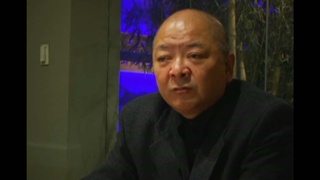
Difference Between Past Immigrants and Today’s Immigrants (Japanese)
(b. 1962) Japanese restaurant owner and chef in Peru
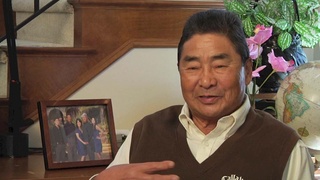


Life in Davao, Philippines
(b. 1938) Philipines-born hikiagesha who later migrated to the United States.

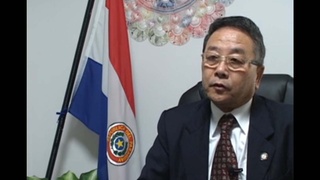
Carrying on the Legacy in the Colony of Paraguay (Japanese)
(b. 1943) Paraguayan Ambassador to Japan


First Impressions of the US
(b. 1938) Philipines-born hikiagesha who later migrated to the United States.

Great grandfather working in Hawaii
(b. 1952) Former banking executive, born in Hawaii
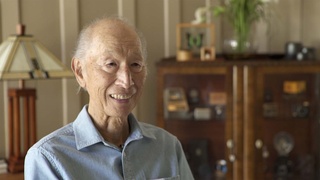
Trip to Japan as a Boy Scout
(b. 1938) Japanese Peruvian incarcerated in Crystal City

Grandfather's interrogations during World War II
(b. 1952) Former banking executive, born in Hawaii
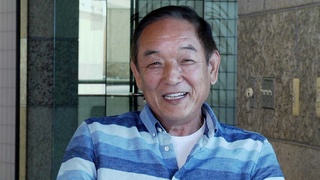
First impression of America (Japanese)
Shin Issei – owner of izakaya (Japanese-style tavern) and kappo (small Japanese diner) restaurant, Honda-Ya

Longing for a life abroad and getting a chef’s license (Japanese)
Shin Issei – owner of izakaya (Japanese-style tavern) and kappo (small Japanese diner) restaurant, Honda-Ya

Support from Nikkei (Japanese)
Shin Issei – owner of izakaya (Japanese-style tavern) and kappo (small Japanese diner) restaurant, Honda-Ya

Immigration ship Brazil-maru (Japanese)
Shin Issei – owner of izakaya (Japanese-style tavern) and kappo (small Japanese diner) restaurant, Honda-Ya
